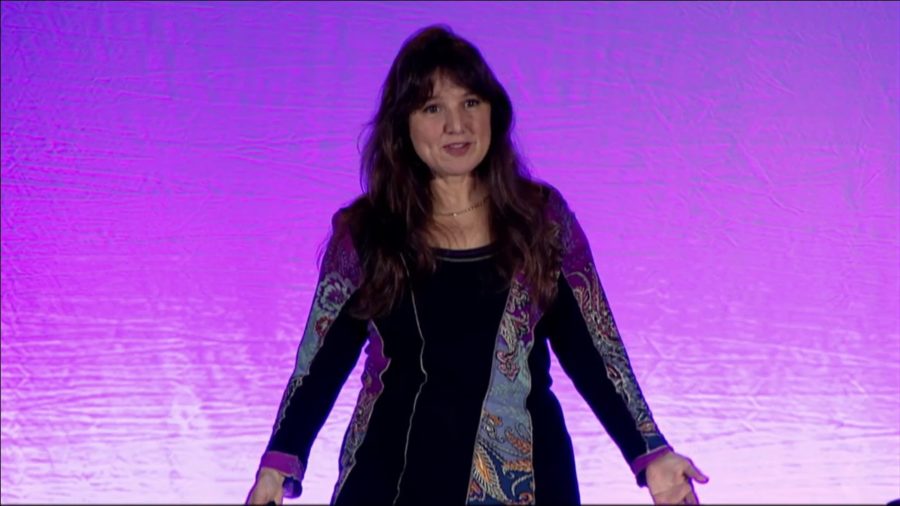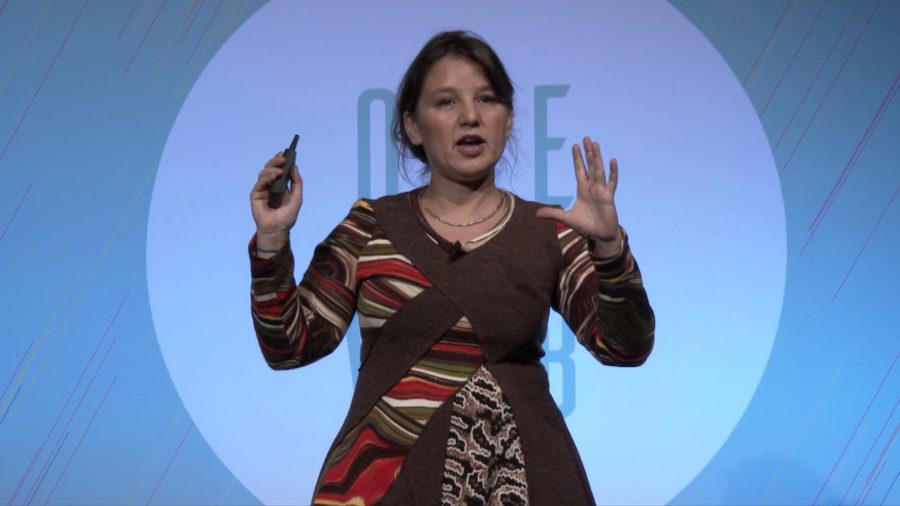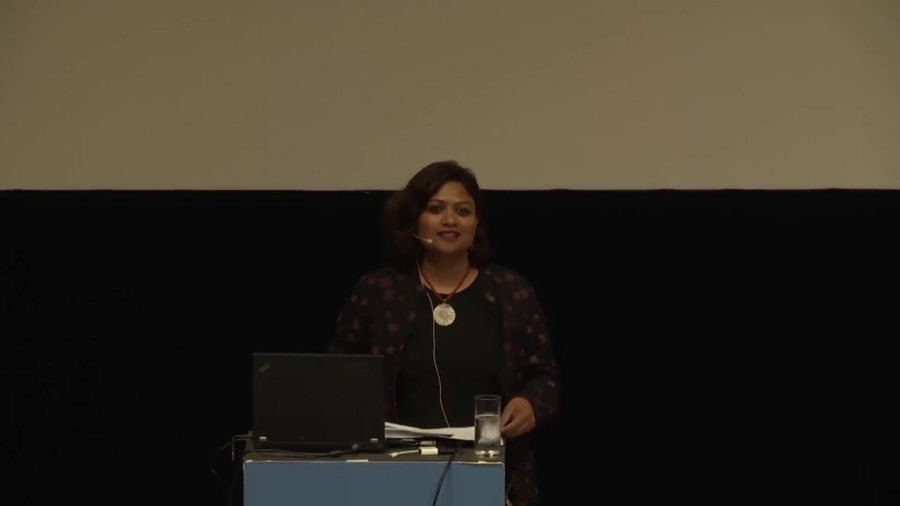I’m interested in data and discrimination, in the things that have come to make us uniquely who we are, how we look, where we are from, our personal and demographic identities, what languages we speak. These things are effectively incomprehensible to machines. What is generally celebrated as human diversity and experience is transformed by machine reading into something absurd, something that marks us as different.
Archive
Computers can tell stories but they’re always stories that humans have input into a computer, which are then just being regurgitated. But they don’t make stories up on their own. They don’t really understand the stories that we tell. They’re not kind of aware of the cultural importance of stories. They can’t watch the same movies or read the same books we do. And this seems like this huge missing gap between what computers can do and humans can do if you think about how important storytelling is to the human condition.

We have increasingly smart, surveillant persuasion architectures. Architectures aimed at persuading us to do something. At the moment it’s clicking on an ad. And that seems like a waste. We’re just clicking on an ad. You know. It’s kind of a waste of our energy. But increasingly it is going to be persuading us to support something, to think of something, to imagine something.

A couple of major platforms like Facebook and Twitter, YouTube, have become in many places around the world a de facto public sphere. Especially in countries that have less than free Internet, less than free mass media. And these countries have transitioned from a very controlled public sphere to a commercially-run one like Facebook.

